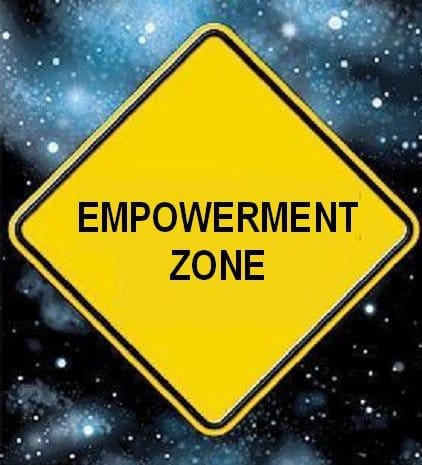 Building relationships based on respect
Building relationships based on respect
People who have worked with me before have heard me on this particular soapbox quite a bit and for those I will suggest maybe they don’t need to read this particular blog. There will be nothing new here. That said, it is perhaps because I continue to hear stories from great talent I have met around the world that are working with people that still do not get it.
It is for these people that I write this blog.
Executives get busy and they get stressed. Markets start to squeeze and pressure mounts, causing many to revert to the old command and control techniques they used in prior decades. When the kitchen heats up, they forget the basics. I believe some need to be reminded of a basic principle that should be obvious to all: Organizations are successful when there is a strong relationship of respect among leaders at all levels.
Now, before I go further, let me be absolutely clear: effective leadership requires adapting your style from time to time to appropriately handle a given challenge. There are times for diplomacy, inclusion, and democracy (e.g., complex problem), and there are times for command and control (e.g., during an urgent crisis). However, underlying your leadership style, and regardless of the type of problem, the relationship of respect must prevail.
A relationship of respect requires three key elements: trust, accountability, and empowerment.
Every team that has worked with me over the past decade will have heard me speak explicitly of the three simple things that I feel are the most important elements of effective, increasingly global, teams. I sincerely hope that those that worked with me before that will see in this blog some of the elements of our team work that worked best even if we never put it to words.
Trust. Accountability. Empowerment.
You will notice that none of them involve bureaucracy, centralization, or added layers without added value! It also does not require being “nice”.
Trust: We must build and maintain levels of trust across borders and business units, recognizing the unique strengths and backgrounds of each individual. In companies that are complex, especially with multiple business units and geographies, the absence of trust can cause money, time, and valuable resources to be wasted on duplicated efforts.

Accountability: We must be a respectful organization and a collegiate one, but all of us must be held accountable as well. Accountability goes hand in hand with trust. When we all understand each other’s respective areas of responsibility and accountability, we create a culture of trust, and we can focus on the services and solutions we deliver and the goals we want to achieve without distraction.
It is important to note that accountability is as much about what is accomplished as it is about how it is accomplished. If you’re an a-hole, regardless of your delivery skills, people will find it hard to trust you and the relationship of respect will be difficult.
 Empowerment: People must be allowed to make decisions and drive change without being micromanaged and without needing to get multiple approvals; they must be allowed to be leaders. Just as importantly, we must enable those whom we empower. Power without training is not a formula for success. Empowerment is about giving a person the ability to manage something tangible that adds value, but also about working with that individual to help him or her succeed.
Empowerment: People must be allowed to make decisions and drive change without being micromanaged and without needing to get multiple approvals; they must be allowed to be leaders. Just as importantly, we must enable those whom we empower. Power without training is not a formula for success. Empowerment is about giving a person the ability to manage something tangible that adds value, but also about working with that individual to help him or her succeed.
Leadership is not easy, and successful teams are elusive to many people. But, with some basic focus on respect and these key principles, you will at minimum have the right foundation for success.
Be Well. Lead On.
Adam

Adam L. Stanley Connections Blog
Technology. Leadership. Food. Life.
AdamLStanley.com
Follow me on Twitter | Connect with me on Linked In | “Like†me on Facebook
 Building relationships based on respect
Building relationships based on respect

